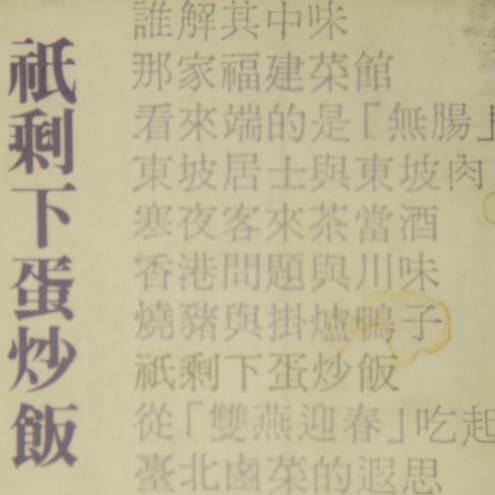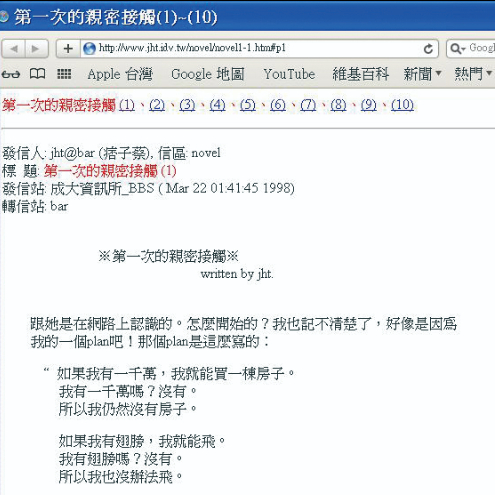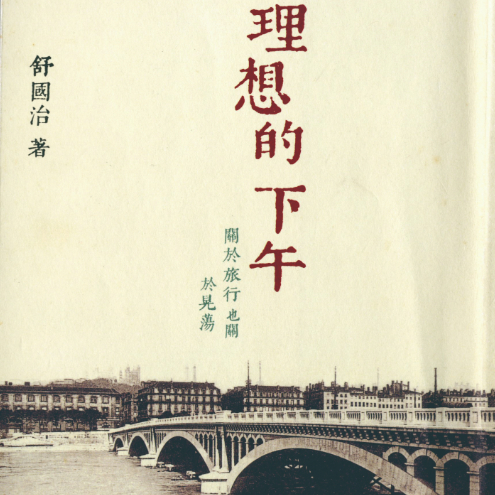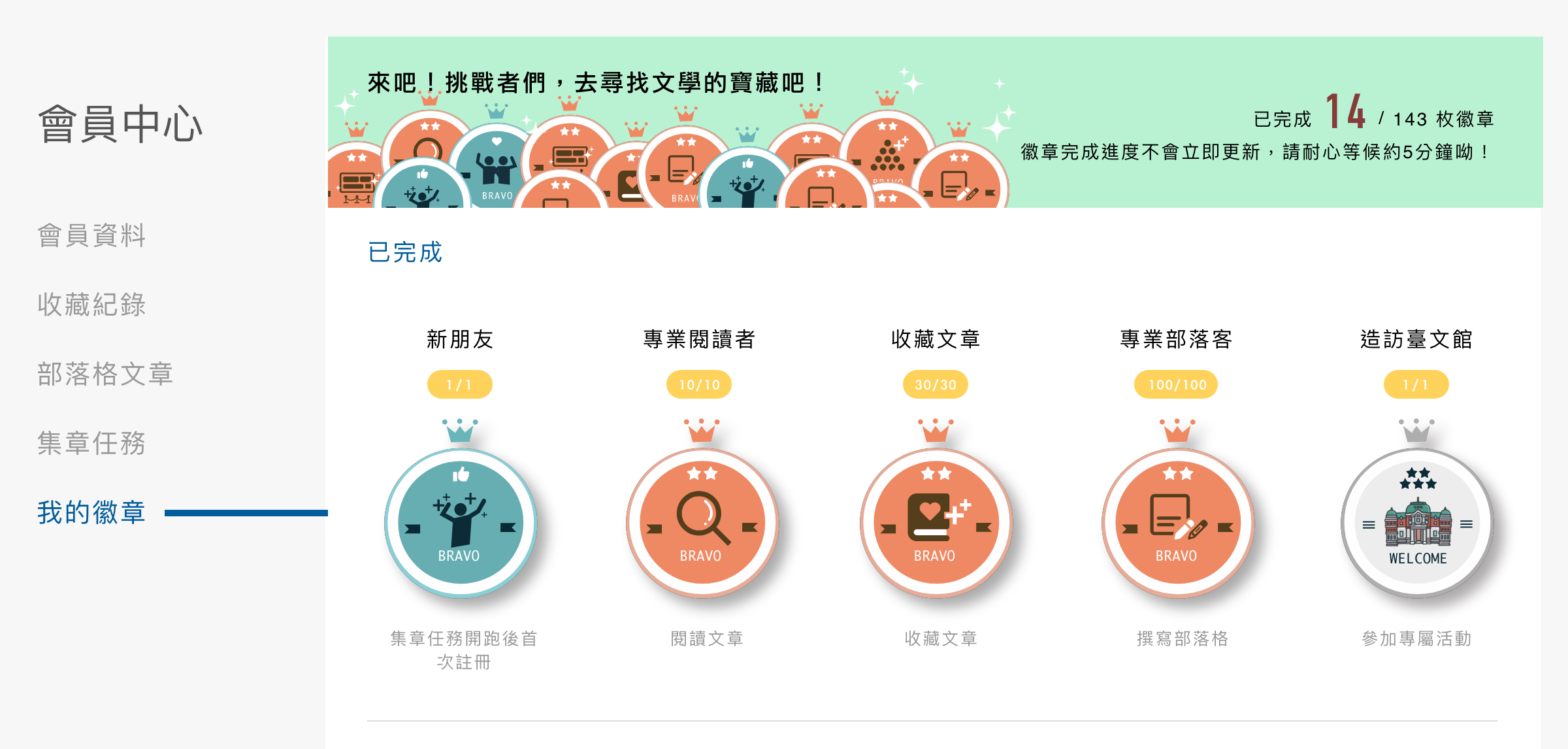“Nature Writing” is one of the most energetic and creative genres in contemporary Taiwanese literature. It demonstrates the results of intellectual constructs and affections through the interactions of human and nature. In classical literature, literati usually placed their mind and feelings on nature as a vehicle to express or give relief of their emotions or reveal of inward landscapes; however, the value of being nature and its environmental significance were easily overlooked or merely figurative. Writers of contemporary nature literature regard the nature as an important object to be understood and observed. They reconstruct the ecological order of the natural world with intellectual attitudes and approaches, and through it, they reflect their views on current sustainability and environmental problems occurred in the world.
.jpg)
Ed., Wu Mingyi, An Anthology of Nature Writing of Taiwan.
Since the industrial revolution in the 18th century, the development of technological civilization has achieved unprecedented progresses and leaps. At the same time, the principles of the development, the patterns of wealth accumulation, and the supremacy of economic development, have spread to and dominated in all the way from the advanced countries to the rest of the world. Because Taiwan had been colonized and led by the colonist Japan into the world system since the beginning of the 20th century, and certainly had also echoed the same melody of life with the rest of the world. According to historical facts, modernization and industrialization not only definitely strengthened the belief of “man can conquer nature,” but also speedily destroyed the balance of environmental factors. In the face of the variations of the times, people of vision have been keenly aware of the crisis of human sustainability and has therefore proposed some countermeasures and appeals. Books like Silent Spring (寂靜的春天), for example, entered the intelligentsia and publication systems of Taiwan in recent years, and may more or less have influenced the local authors.
Emerging from a harsh environment of suffocating political atmosphere, destructed forests, and widening urban-rural gaps, the “nature writing” in Taiwan seems to be destined to inhere the character of social “movement.” Although, from the historical context of literature, we identify its existence from the aftermath of the nativist literature movement and its lineage with reportage literature, nature writing is a unique genre by itself for its intertwined attribution to disciplines of literature, history, and natural science, furthermore, for its challenge to existing human civilization and wisdom.
On New Year’s Day of 1981, United Daily News Supplement (聯合報副刊) published serialized reportage “We Got Only One Earth” (我們只有一個地球) by Han Han and Ma Yigong, later, the series of articles were collected to become a book with the same title in 1983, and this book marked the starting point of “nature writing” in Taiwan. The following era saw works of nature writing that writers, such as Ma Yigong, Han Han, Yang Xianhong, and of The World of Ours (人間) magazine, standing behind the scenes of public nuisances, appealed to the public attentions, that authors, such as Liu Kexiang, Hong Suli, Xu Renxiu, Chen Yufeng, and Chen Lie, etc., presented their witnesses to the changes of the land of Taiwan, and that recently, Liao Hongji released the stories about the oceans and his care of cetacean’s life, and Wu Mingyi offered extremely profound but mature writing about butterflies, among others.
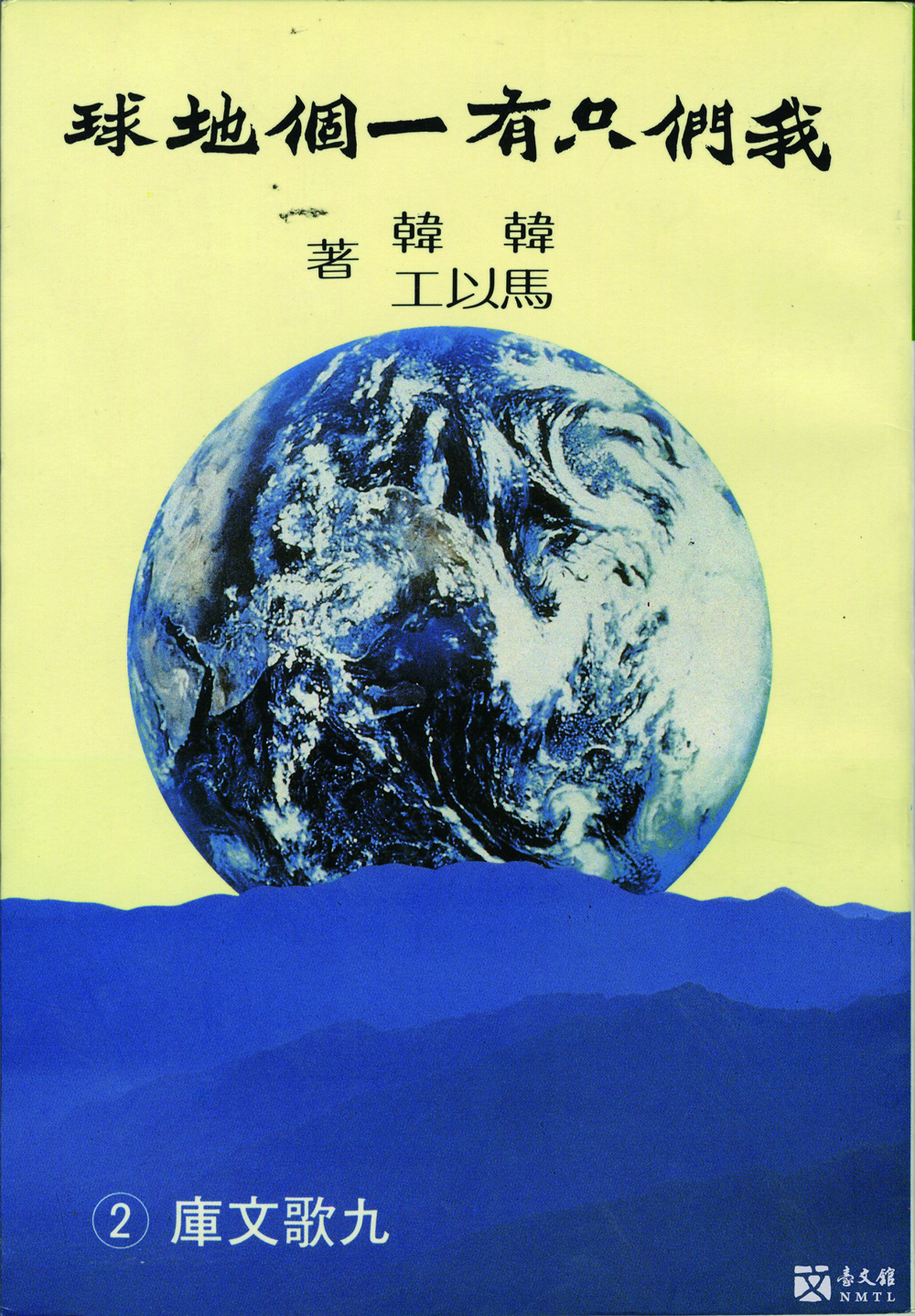
Han Han and Ma Yigong, We Got Only One Earth.
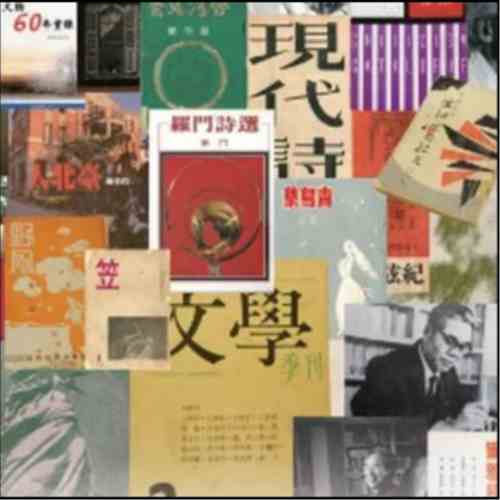
.jpg)
.jpg)
